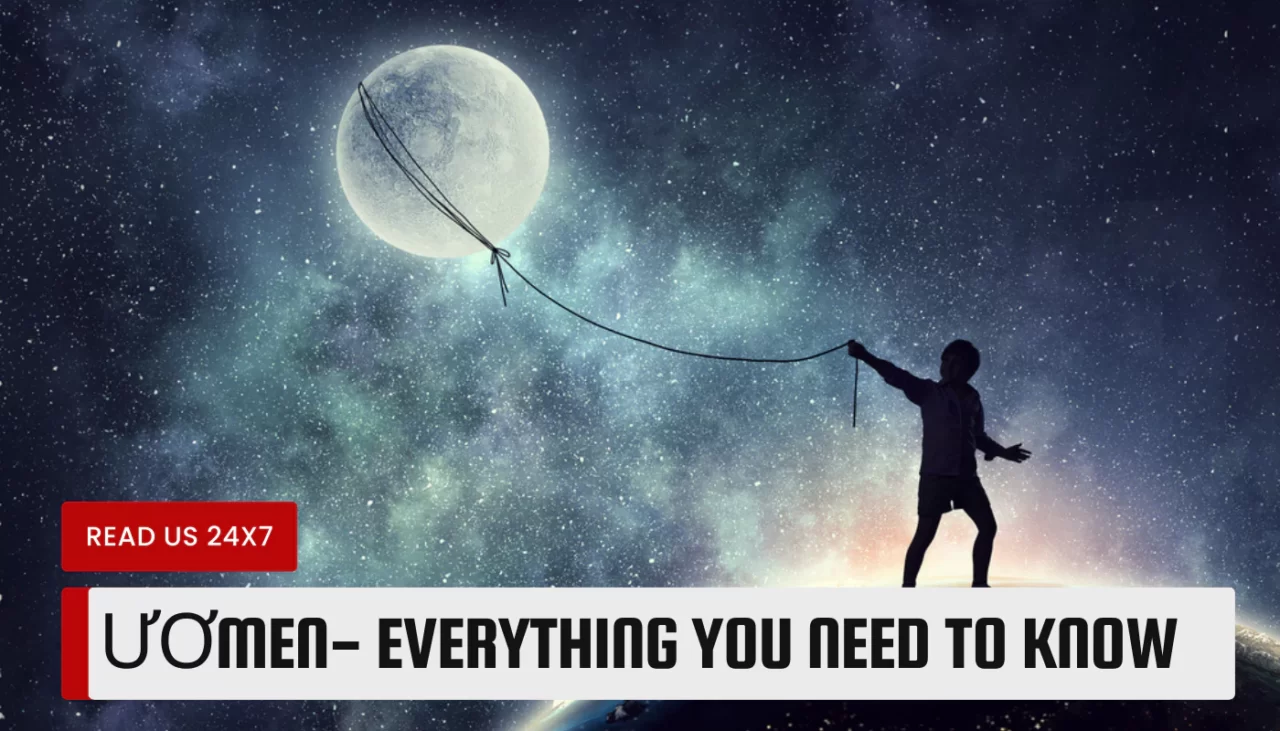Ươmen is a word that can refer to a type of noodle soup, a religious faith, or a cultural identity, depending on the context and the spelling. In this article, we will explore the origins, beliefs, practices, and locations of Ươmen as a faith and a culture.
What Is Ươmen and How Do You Pronounce It?
Ươmen (also spelled Ướmẽn or Ướmên) is a Vietnamese word that means “to wish” or “to dream”. It is pronounced as “oo-men” with a rising tone on the first syllable and a falling tone on the second. The word is also used to name a religious faith and a cultural identity that originated in Vietnam and spread to other parts of Southeast Asia.
Key Aspects and Beliefs of the Ươmen Faith
The Ươmen faith is a syncretic religion that combines elements of Buddhism, Taoism, Confucianism, and indigenous animism. It is based on the following principles:
- Based on nature and balance: Ươmen followers believe that everything in the universe is interconnected and interdependent, and that there is a natural order and harmony that should be respected and maintained. They worship the forces of nature, such as the sun, the moon, the wind, the water, and the earth, as well as the spirits of their ancestors and the land.
- Focus on community and responsibility: Ươmen followers value social cohesion and mutual support, and they strive to live in harmony with their family, friends, neighbors, and society. They follow a code of ethics that emphasizes loyalty, filial piety, benevolence, righteousness, and reciprocity. They also have a sense of duty and obligation to their ancestors, their country, and their faith.
- Emphasizes meditation and contemplation: Ươmen followers practice meditation and contemplation as a way of cultivating inner peace, wisdom, and compassion. They seek to attain enlightenment and liberation from the cycle of rebirth, or to achieve their wishes and dreams in this life and the next.
Celebrations and Rituals of the Ươmen People
The Ươmen people celebrate various festivals and rituals throughout the year, some of which are:
- Harvest Festival: This is a major festival that occurs in late September or early October, coinciding with the autumn equinox. It is a time of gratitude and joy, as the Ươmen people thank the nature spirits and their ancestors for the bountiful harvest and share their food and gifts with their community. They also pray for good weather and prosperity in the coming year.
- Coming of Age Ritual: This is a ceremony that marks the transition from childhood to adulthood for both boys and girls, usually around the age of 15 or 16. It involves a series of tests and challenges that measure the physical, mental, and moral qualities of the young Ươmen. Those who pass the ritual are recognized as full-fledged members of the Ươmen society and receive their adult names and roles.
- Ancestor Veneration: This is a daily practice that involves offering incense, flowers, fruits, and other items to the altars of the deceased ancestors, as well as reciting prayers and chants. The Ươmen people believe that their ancestors are still present and watching over them, and that they can communicate with them and seek their guidance and blessings.
- Music and Dance: Music and dance are integral parts of the Ươmen culture, as they express their emotions, stories, and values. The Ươmen people use various instruments, such as drums, flutes, gongs, and zithers, to create rhythmic and melodic sounds. They also perform various dances, such as the lion dance, the dragon dance, the fan dance, and the bamboo dance, to display their agility and grace.
Where Ươmen Is Practiced Today
The Ươmen faith and culture are mainly practiced in Vietnam, where it originated and where most of its followers live. However, due to migration, colonization, and globalization, the Ươmen people have also spread to other countries, such as:
- Thailand: Thailand has a large population of ethnic Vietnamese, many of whom are Ươmen followers. They live mostly in the central and northeastern regions of the country, where they have established their own temples, schools, and communities. They also participate in the local culture and festivals, such as the Songkran water festival and the Loy Krathong lantern festival.
- Cambodia: Cambodia also has a significant number of ethnic Vietnamese and Ươmen followers, especially in the southern and eastern provinces, where they have a long history of settlement and trade. They have faced discrimination and persecution from the Khmer majority and the Khmer Rouge regime, but they have also contributed to the economic and social development of the country.
- Other Countries: The Ươmen people have also migrated to other countries, such as Laos, Malaysia, Singapore, Indonesia, China, Australia, France, Canada, and the United States, where they have formed diaspora communities and maintained their faith and culture. They have also adapted to their new environments and integrated with their host societies, while preserving their identity and heritage.
Conclusion
Ươmen is a word that can mean different things to different people, but it is also a word that represents a rich and diverse faith and culture that spans across time and space. The Ươmen people have a unique perspective and a distinctive way of life that are worth learning and appreciating. By understanding Ươmen, we can also understand ourselves and our world better.


